HEAVEN 17 are making a documentary and their audience will feature as its stars.
Celebrating 45 years of HEAVEN 17, this upcoming film will be directed by the BAFTA-nominated James Strong and go behind-the-scenes with Glenn Gregory and Martyn Ware on their ‘Sound With Vision’ tour while also interviewing fans from around the world.
Formed after the split of THE HUMAN LEAGUE Mk1 in 1980, Martyn Ware and Ian Craig Marsh recruited their friend Glenn Gregory to front a new pop project HEAVEN 17 named after a fictional band mentioned in the dystopian novel and film ‘A Clockwork Orange’. Their 1981 debut long player ‘Penthouse & Pavement’ gained much acclaim. After a few near Top40 misses with the singles ‘(We Don’t Need This) Fascist Groove Thang’, ‘Play To Win’ and ‘Let Me Go’, HEAVEN 17 finally had two Top5 hits ‘Temptation’ and ‘Come Live With Me’ in 1983.
Despite this success and with the parent album ‘The Luxury Gap’ certified platinum, HEAVEN 17 remained a studio only concern. The following albums ‘How Men Are’, ‘Pleasure One’ and ‘Teddy Bear, Duke & Psycho’ were unable to replicate their sales impact. However after a hiatus of several years, Messrs Gregory, Marsh and Ware released a comeback album ‘Bigger Than America’ and sprang an even bigger surprise by opening for ERASURE on their ‘Cowboy’ UK arena tour in 1997.
Beginning a new phase, there was even a live album ‘How Live Is’ but following the album ‘Before/After’ in 2005, Marsh bid farewell leaving Gregory and Ware to develop HEAVEN 17 as a performing entity over the past 25 years with engaging shows that have brought the remaining duo closer to their loyal followers.
In his eighth interview with ELECTRICITYCLUB.CO.UK, Martyn Ware chatted about the concept of ‘Sound With Vision’ and the ever changing notion of fandom.
What is the idea behind this ‘Sound With Vision’ tour?
Essentially, a friend of ours James Strong runs a production company called Strong Pictures and is also a successful writer/director/producer who has won Emmys, he did ‘Mr Bates vs. The Post Office’, and ‘Broadchurch’, he worked with Glenn who did the soundtracks for his series ‘Liar’ and ‘Vigil’ with Berenice Scott.
He saw us perform at Shepherd’s Bush Empire and was struck by the unusual connection between the stage and the audience and between Glenn, myself and the band. It’s a warm experience, you’ve been, you’ve seen it, we make an effort to communicate and empathise that a lot of this audience are coming out as a relief from the existential nightmare that we’re all in, to understand that people want you to break that fourth wall. It gives them the sense that every gig they come to is a unique experience.
So James has seen us play loads but he was struck by how it had grown over time and how we have got loads of diehard fans… it is really nice to come onto stage and see lots of people who you are familiar with because it gives you a sense of confidence, it’s like having a home crowd at a football game.
In the background, James and Glenn had been mulling over the idea of doing some kind of documentary film about HEAVEN 17. For ages we thought it was a good idea but to be honest, does the world need another documentary backstage with the band and the great and good, lots of concert footage and a few jeopardy moments?
Then Glenn rang me with an idea… why don’t we make the hook of the next tour about a documentary celebrating that connection with the audience and our fans. When we were doing VIP meet ‘n’ greets before the shows on the last tour, there were all these people who came up to us going “I’ve been to see you 30 times” and we didn’t know who these people were, we didn’t recognise them from the audience or anything. We knew there were an obsessive hardcore following us like a football team, but this was new revelation for us and much more widespread than we thought.
We started thinking about our friends in this 80s and electronic scene, how there is a kind of zeitgeist at the moment for people of a certain age and their offspring who have no interest as to “when” the music was made. We started moving into a situation where 10-20% of the audience are new. So we thought we’d celebrate this by making a documentary that is as much about the fans as it is about the band, a little bit like Louis Theroux… so whatever, even if you are looking at it from the outside wondering what the hell is going on, it’s still going to be entertaining.
So how will your fans take part in the documentary, will there be a filming booth at each show which people can queue up for to volunteer their comments?
We haven’t figured that out yet, but that’s one way of looking at it. I think it will be quite nice to see them in their homes…
SPARKS did that for an MTV featurette…
Anyone who has an interest will get on it, we want as many people from as many different countries. Like there’s an 80s nostalgia thing going on in America… incidentally next year, we are doing an 80s cruise with Gary Numan in the Caribbean.
I was wondering if this fan relationship is a relatively recent phenomenon because of social media but also because HEAVEN 17 didn’t tour back in the day, so you were sort of detached from your fanbase until the 1997 ERASURE tour which even then, it is likely people were almost treating you as a new act?
That’s absolutely quite perceptive of you may I say Chi; I think it’s true and we weren’t confident that it wasn’t just a bunch of weirdos out there… one fan Sumo who has been to 250 shows now, when I first met him, he brought this scrapbook and rather than keeping it as a memento, he gave it to me… this was like a different level of fandom that I wasn’t particular familiar with. I mean, I’ve never seen an act more than a dozen times at most.
But it was something we always wanted to happen, we always liked to build some kind of artistic conceit, a cinematic universe if you will, where everything is connected artistically and there is a deeper meaning to most of the stuff we do. The thought that there were people out there then (it’s all weird kind of time travel stuff this!), the fact that we only started performing live in 1997, so this is 28 years ago! This was 17 years after we formed ironically, so we have had an unusual career in that respect. So people didn’t get a chance to thank us I suppose.
One thing I noticed researching old CDs and all that, HEAVEN 17 were one of the first acts to have an email contact address in the booklet, so how did people respond to you?
We’ve always tried to allow contact, we’re in a fortunate position where we are not Taylor Swift and don’t get half a million emails! There’s a definite intention from both Glenn and myself , and Ian when he was in the band, that we wanted to be an open as possible with the fans and have as much contact. In fact, it was even more important when we didn’t perform live so we had the HEAVEN 17 Plan fan club which Lindsay, Glenn’s wife used to run.
We’ve tried to encourage as much contact as possible with the fans. But it was a bit of a dichotomy because we liked the idea of people on videos, you’re almost like an actor and a fantasy thing, then one day Robert De Niro says “you can email me if you want”… of course, I’m exaggerating it to make a point but you know what I mean?
An interesting flip of this contact, and this is something Neil Arthur of BLANCMANGE said to me, is that you are more accessible so people start approaching you about weird stuff, telling you their record is scratched and asking what you’re going to do about it… how have you dealt with the more intrusive side of being more open to your fanbase on social media?
I have to say it’s only a tiny amount, maybe 5% or less. But if we have a tour or a record coming, the most common annoying things are messages like “what time are you coming onstage?”, I sometimes respond and sometimes I don’t.
Then there’s people having issues with Ticketmaster or the venues themselves. But because I’m a point of contact and Glenn is in the background not having to deal with it, if something goes wrong and there’s a mistake in the publicity, Muggins here has to deal with it, they don’t contact the venue or the promoter… so I’ve had to back off on all that stuff. But it’s a rare thing.
Another thing about this approachability on social media, it means the artist has to regularly do postings but now there’s this trend for reels… CHINA CRISIS used to be quite mousey and quiet on socials but have taken to these filmed promo reels quite well but poor TEARS FOR FEARS look like they’re in one of those hostage videos! How do you feel about doing this kind of shortform in-person publicity?
We have PR for this ‘Sound With Vision’ tour which the promoter is paying for, they’re doing it properly and have got us on TV. This is no small thing getting on BBC1 at peak time but I have to say their research is sh*t because it’s always “WHAT AN AMAZING COMEBACK” when we we’ve been doing it for more than 27 years! But the great thing is they go “Oooh! ‘Temptation’”, “Ooooh ‘(We Don’t Need This) Fascist Groove Thang’, you should put that out again”, like that’s an original thought, I don’t get one of those emails every day! *laughs*
We do make an effort, it’s building and building ad building until hopefully this tour will sell out, it takes a long time this to do that stuff. But I do think it’s good to be out of the public eye for a while so that you don’t bore people to death, so my view is to keep it until when you need it.
I know what you mean about researchers who are getting younger, did not grow up with this music and not getting things right… but do you make allowances for this?
No, I’m very unforgiving, I think it’s easier to research than ever before, I think it’s laziness… it’s not the game it used to be, I was talking to someone the other day that the notion of journalism is going to sh*t basically!
Yes I agree, but I suppose a young BBC intern isn’t going to know who HEAVEN 17 are, but what annoys me much more are these so-called electronic music media outlets who see it as their specialism but don’t have a clue or do the research…
Well, they can’t all be you Chi but I’m harsher on the BBC and the major radio stations who literally can’t be arsed!
HEAVEN 17 have done the VIP package thing and everyone does that now, but the notion of it has been flipped by Ticketmaster who have been selling tickets as “VIP” which get nothing more than a lanyard, a poster and a bar nearer the seat… I know of people who bought these packages who really did think they were going to meet Bruce Springsteen and Taylor Swift… so this rise in concert elitism through VIP, what do you think?
Well, we thought about the VIP thing for a while before we started doing it but we regard it as a valuable tool to help support the costs of the tour. Fundamentally, there’s me and Glenn, then everybody else on the stage, all the staff, the drivers, front of house engineer and lighting etc all have to be paid. We only get paid at the end on the bottom line after. Fortunately the last few tours have done really well. But when we did the tours with the full band in 2010-2013, we looked at the figures after the tours, me and Glenn made zero money, we barely broke even. We were mugs for quite a while and I know we are not stupid business wise, but things are expensive and things have got more expensive now.
We were approached to tour America a long time ago and asked our manager to do an illustration of what it would earn us and it was like peanuts, but everyone else would have got paid. So that went back and forth every 3-4 years, the offer went up a little bit more each time and eventually we did it. When we got there, it ended up being more expensive than what our management had projected and we ended up losing money. Then we were asked again so we started asking ABC, THOMPSON TWINS, OMD and almost to a man, they said “Oh, we’re not doing it for the money, we’re doing it because we want to do it!” but me and Glenn aren’t really in that situation, we’re not poverty stricken but…
The whole live thing is getting more polarised all the time, we did the support for CULTURE CLUB with Tony Hadley on a UK arena tour last year, we had a great time, the O2 was sold out at £100 a ticket or more. Very nicely, the promoters SJM gave us a nice bonus at the end which wasn’t part of the contract, so they must have made an absolute killing! But in the mid-range, there’s not much killing going on and at the bottom, it’s almost like pay-to-play a lot of the time.
I don’t think fans really understand the economics and this is one thing that really p*sses me off about social media, we announce a big tour and put an effort into it and you just get a load of people going “why aren’t you coming to Stourbridge?” or “why aren’t you going to Skegness?”. We go where the promoters tell us to go, the tours are designed by them, not us! So the routines, the places available of a particular size that are hard to find now these days and the areas of the country that are covered are determined by the promoters, NOT by the band!
Of course, if you are a huge band, you can go “I don’t want to play in Tucson, I don’t want to play in Springfield”, you have more power to determine that but as a mid-range act, it’s difficult… it’s a point some people don’t get.
What do you hope the ‘Sound With Vision’ tour and documentary will achieve for you ultimately?
Firstly I think it’s an interesting idea and I can’t recollect anybody else doing it, the closest was probably the SPARKS one which was a little bit of an inspiration although that was still super focussed on the band. I really liked the KING CRIMSON one, that made me laugh a lot. The premise that the band is this all powerful entity that must be worshipped is the exact opposite of how we feel about the world. If people come to the gigs, there will be a good chance people will get filmed if they want to get filmed and there will be specific people that we talk to who we will visit in their world.
It will hopefully be a feature length documentary that will be shown on Sky Arts or Netflix or whatever, who knows? It’s really about fandom, that’s the larger issue. Boomers I suppose, are the fans of that kind of 80s music largely all over the world and a lot of people think it’s the happiest time they’ve ever had, not just because they were young but because it was an extraordinary decade in music. So that audience has grown older, a lot of them have got a bit more affluent and they want to relive their youth, which is perfectly reasonable and I suppose we are in a certain respect. But they don’t want it to be patronising and feel like a nostalgia trip, they want to feel like they are living in the present when they experience that stuff.
So this is a new phenomenon, it’s not just us. It’s all the 80s acts that we love who I’m sure have similar fanbases. The rise of this kind of VIP thing is important element to it as well because when I was growing up and seeing loads of gigs, I was an obsessive music fan and the thought back then that you could actually meet these demi-gods who were on stage would have been amazing!
Were there any artists you would have paid VIP for had it been available?
Oh yeah! Bowie and Roxy, but you were never going to get to people of that ilk! There are people who take that properly seriously, Thomas Dolby, Martin Fry and Howard Jones for example and it helps support the band, it’s money going into the general tour pot. The mid-range of tours are not making a lot of money but it does provide employment and gives enjoyment for a lot of people. It’s only when you get to the £100 ticket level and beyond that serious money is made.
ELECTRICITYCLUB.CO.UK gives its sincerest thanks to Martyn Ware
HEAVEN 17 ‘Sound With Vision’ tour includes:
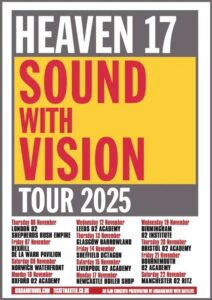 London O2 Shepherds Bush Empire (6th November), Bexhill De La Warr Pavilion (7th November), Norwich Waterfront (8th November), Oxford O2 Academy 1 (10th November), Leeds O2 Academy (12th November), Glasgow Barrowland (13th November), Sheffield Octagon (14th November), Liverpool O2 Academy 1 (15th November), Newcastle Boiler Shop (17th November), Birmingham O2 Institute 1 (19th November), Bristol O2 Academy 1 (20th November), Bournemouth O2 Academy (21st November), Manchester O2 Ritz (22nd November)
London O2 Shepherds Bush Empire (6th November), Bexhill De La Warr Pavilion (7th November), Norwich Waterfront (8th November), Oxford O2 Academy 1 (10th November), Leeds O2 Academy (12th November), Glasgow Barrowland (13th November), Sheffield Octagon (14th November), Liverpool O2 Academy 1 (15th November), Newcastle Boiler Shop (17th November), Birmingham O2 Institute 1 (19th November), Bristol O2 Academy 1 (20th November), Bournemouth O2 Academy (21st November), Manchester O2 Ritz (22nd November)
Tickets available via https://www.heaven17.com/
https://www.facebook.com/heaven17official/
https://www.instagram.com/heaven17official/
Text and Interview by Chi Ming Lai
31st March 2025

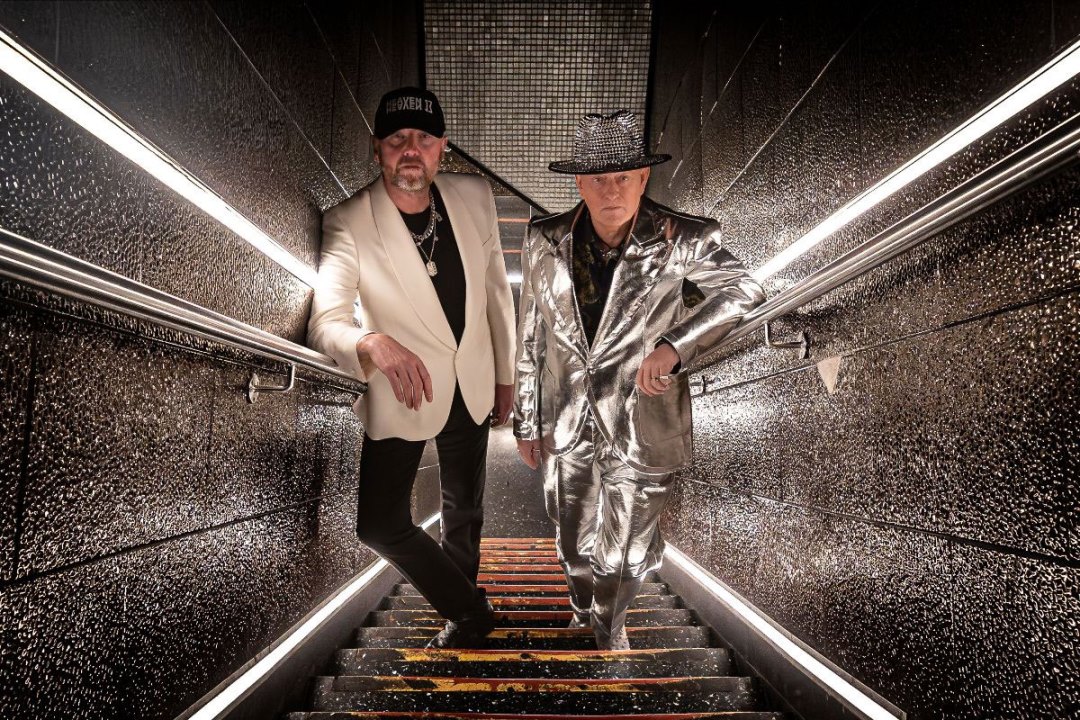
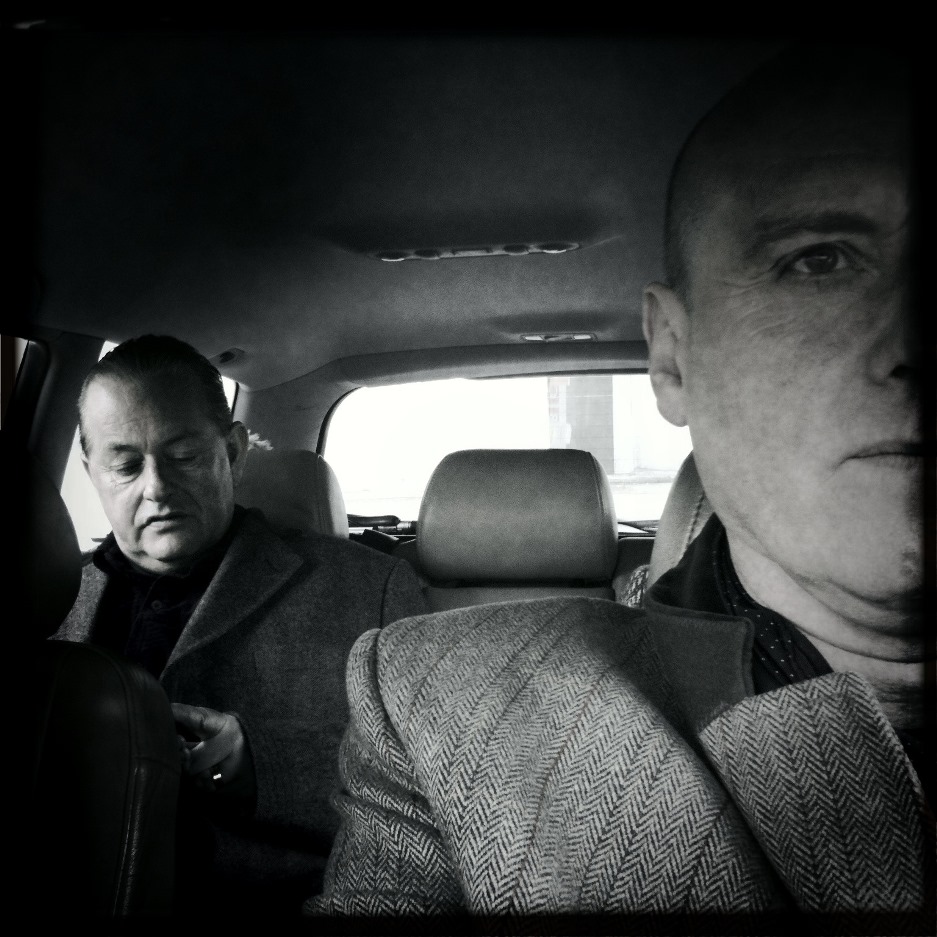
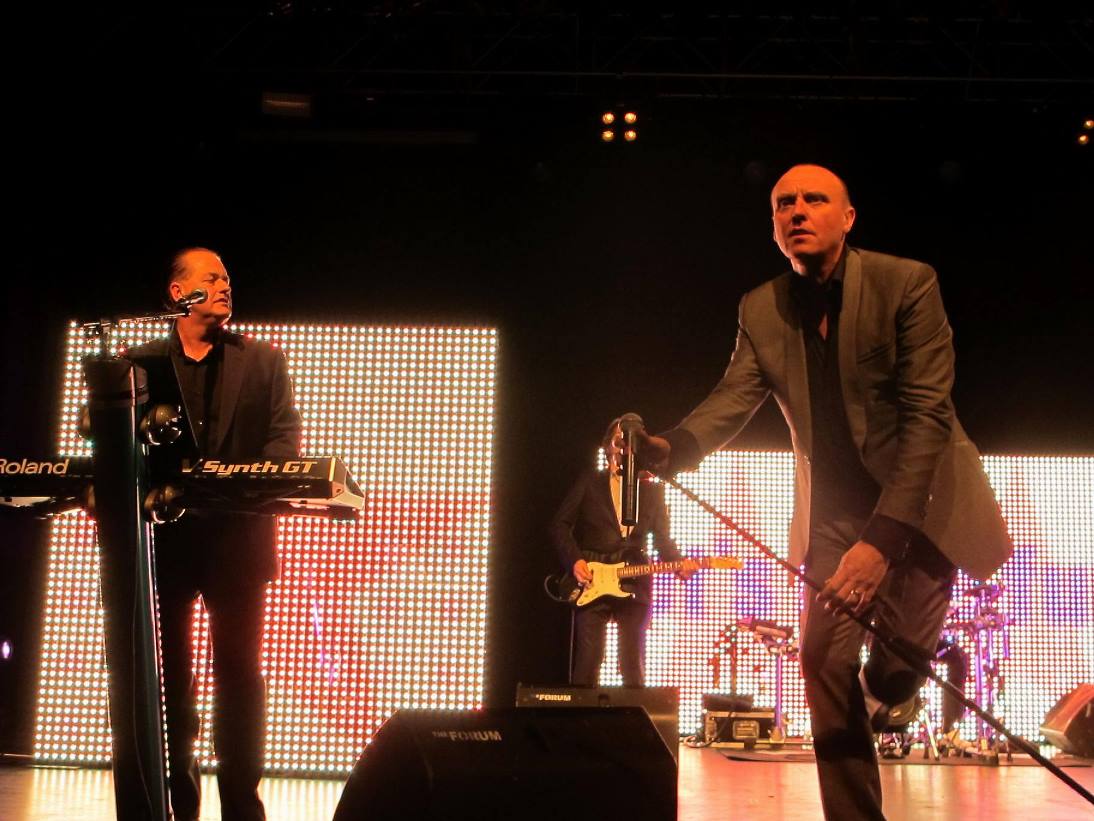
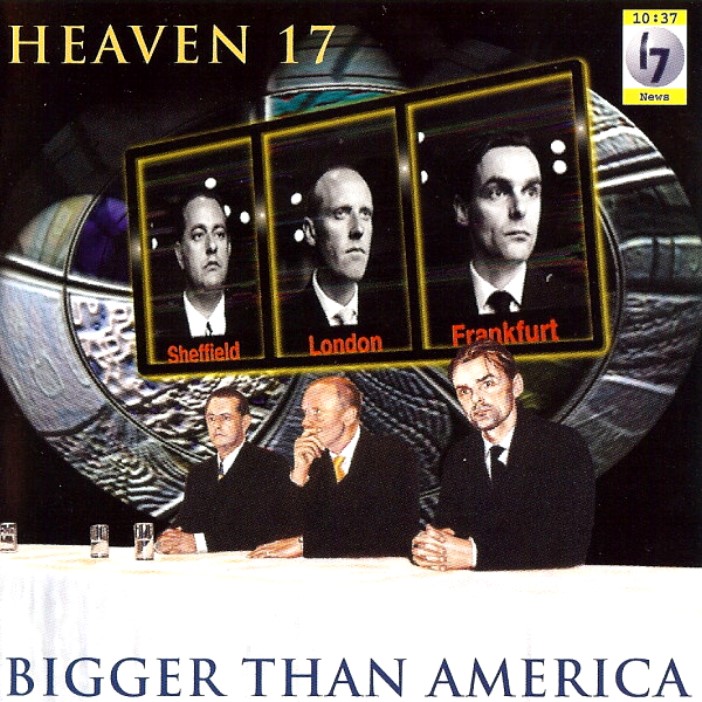
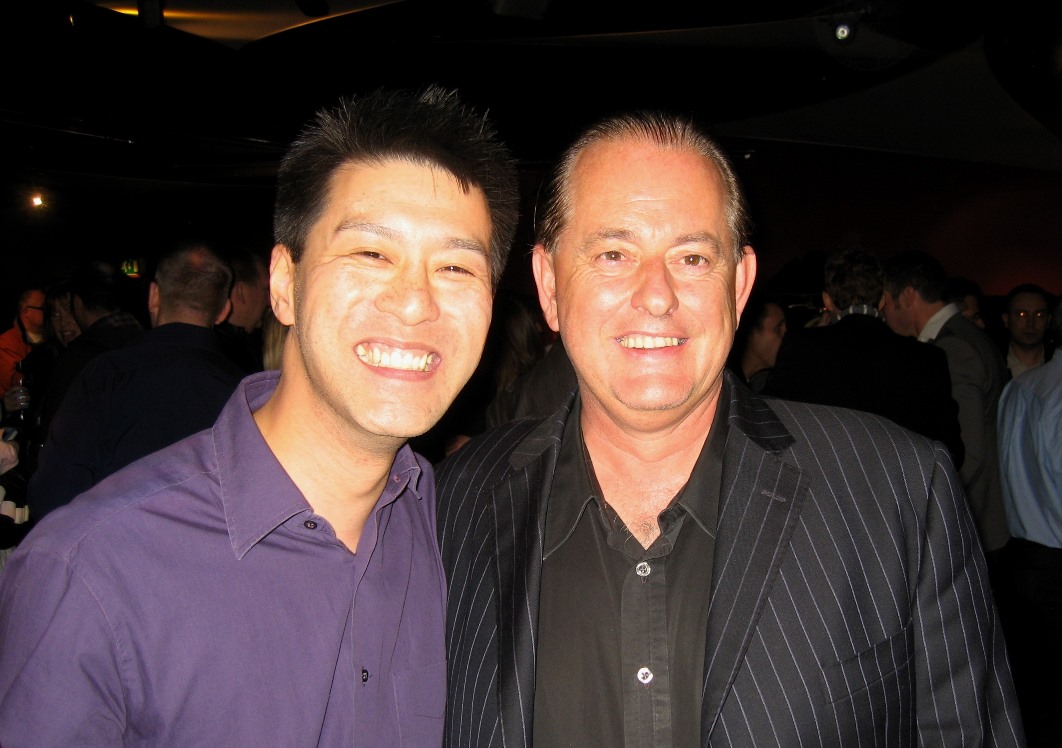
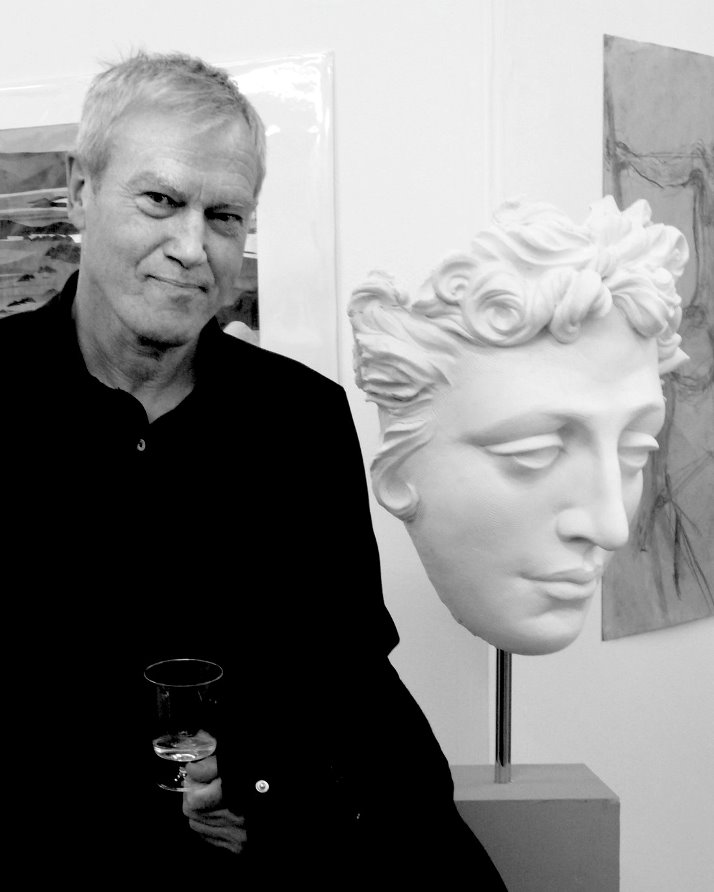
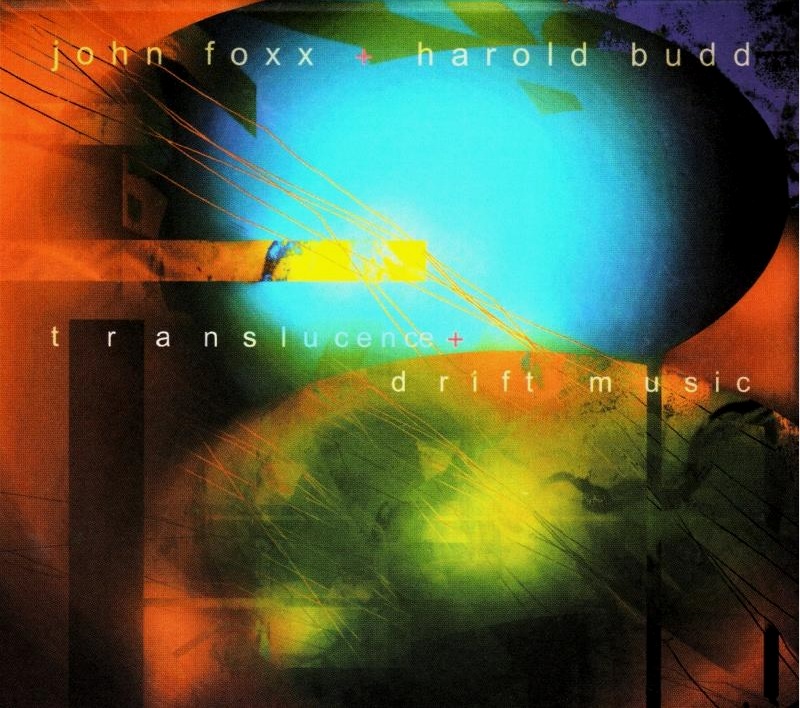
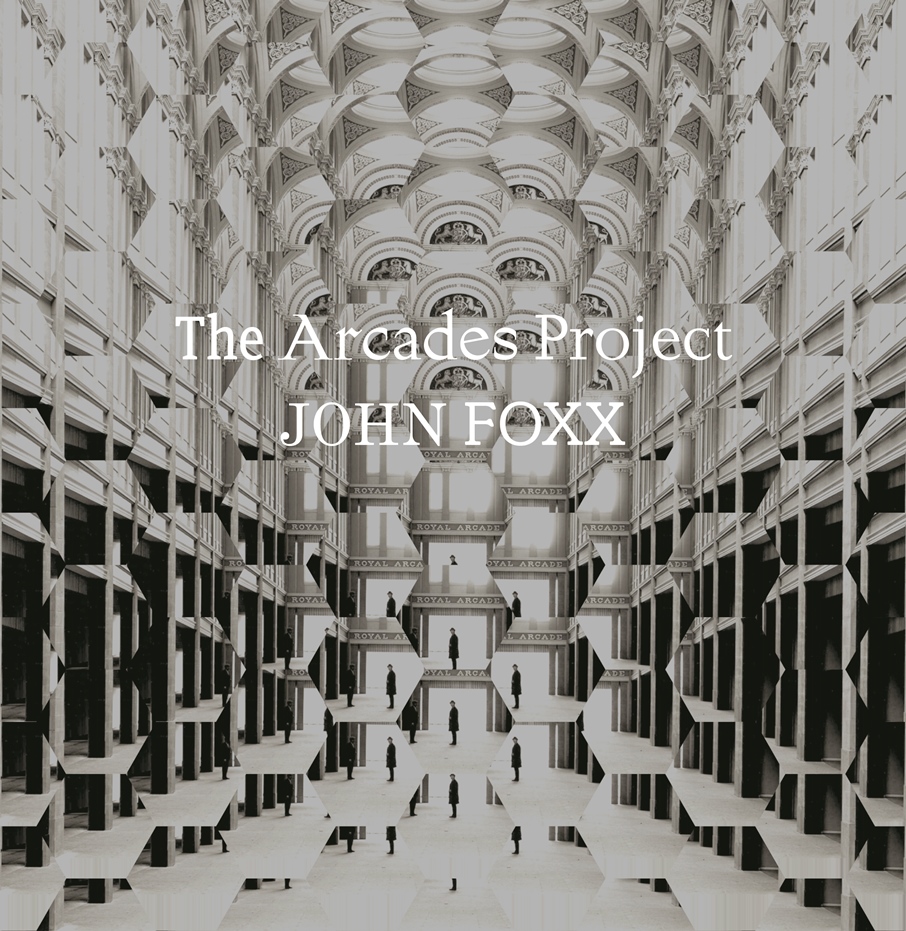
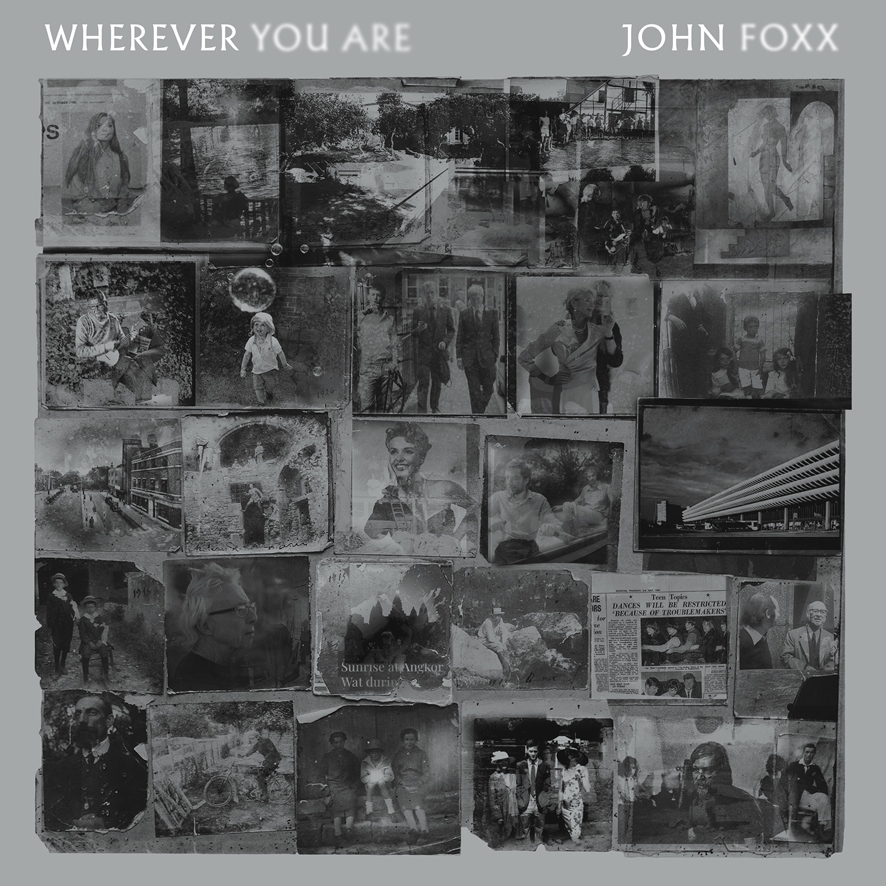

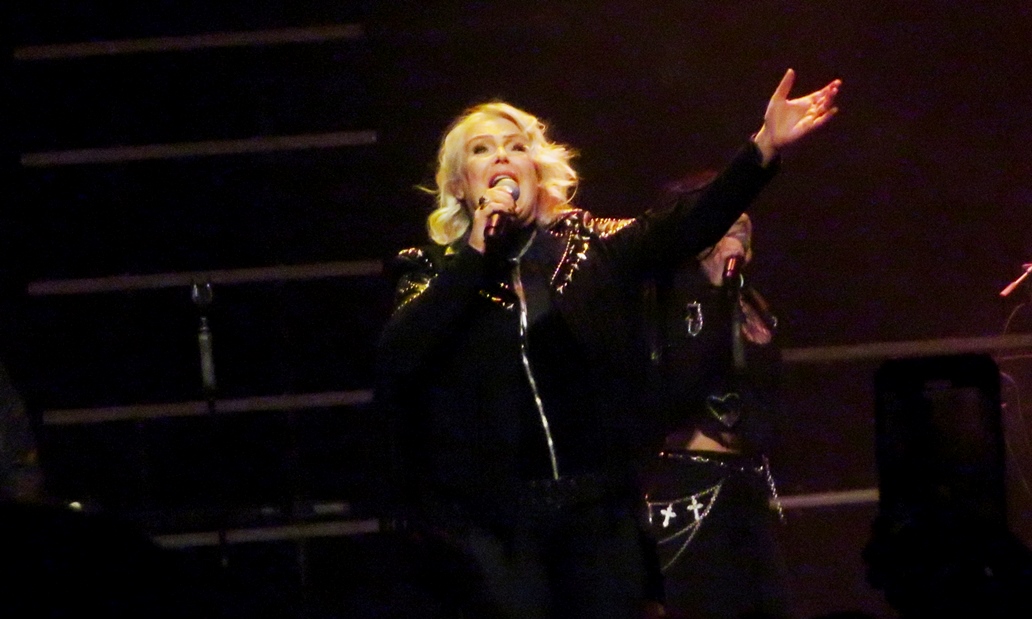
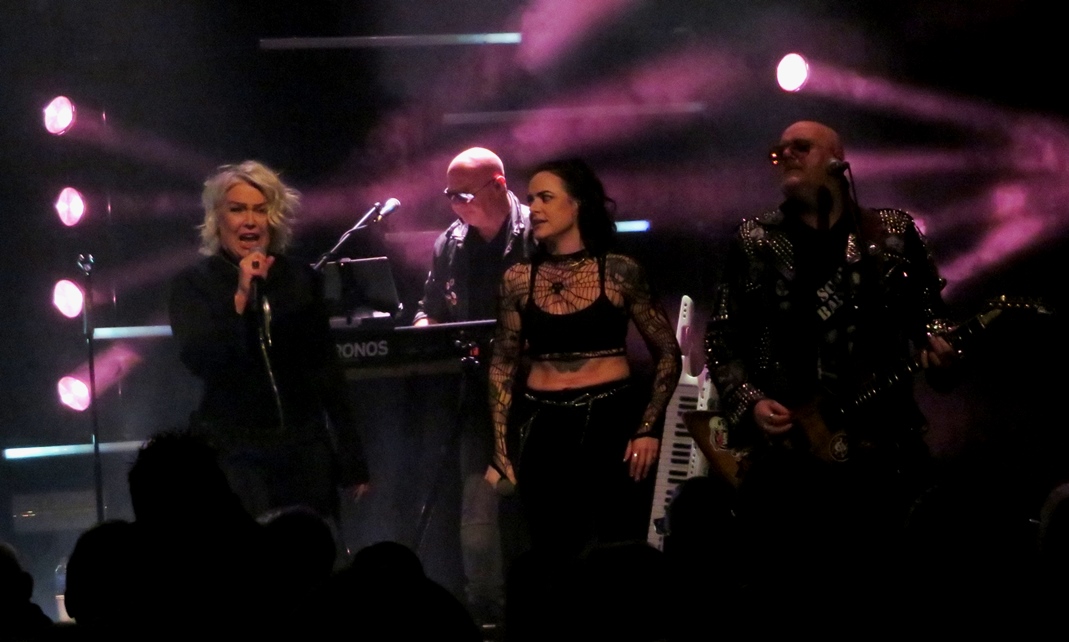
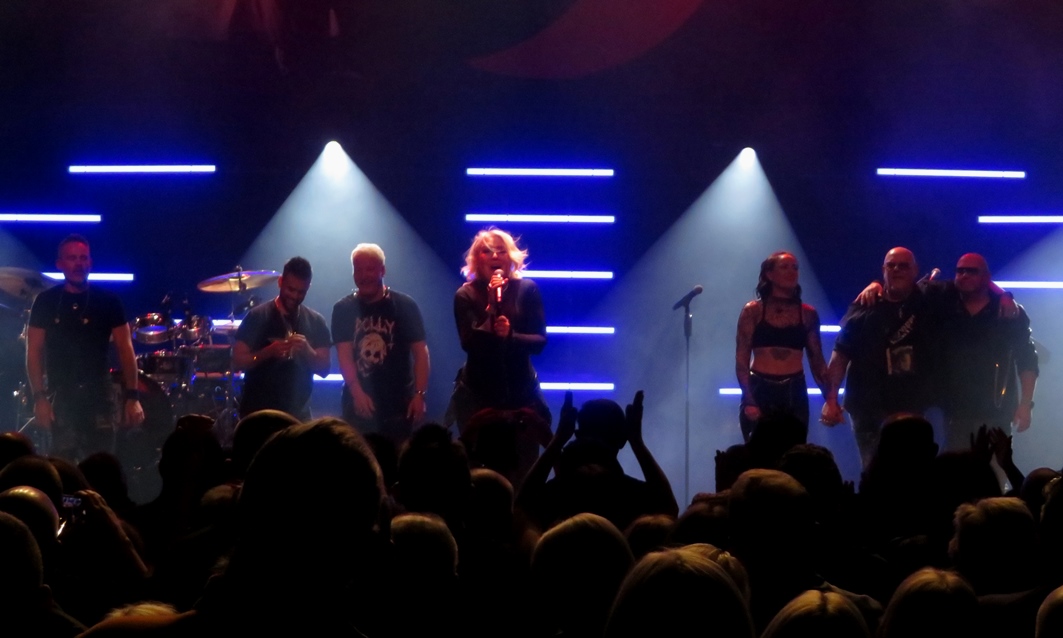


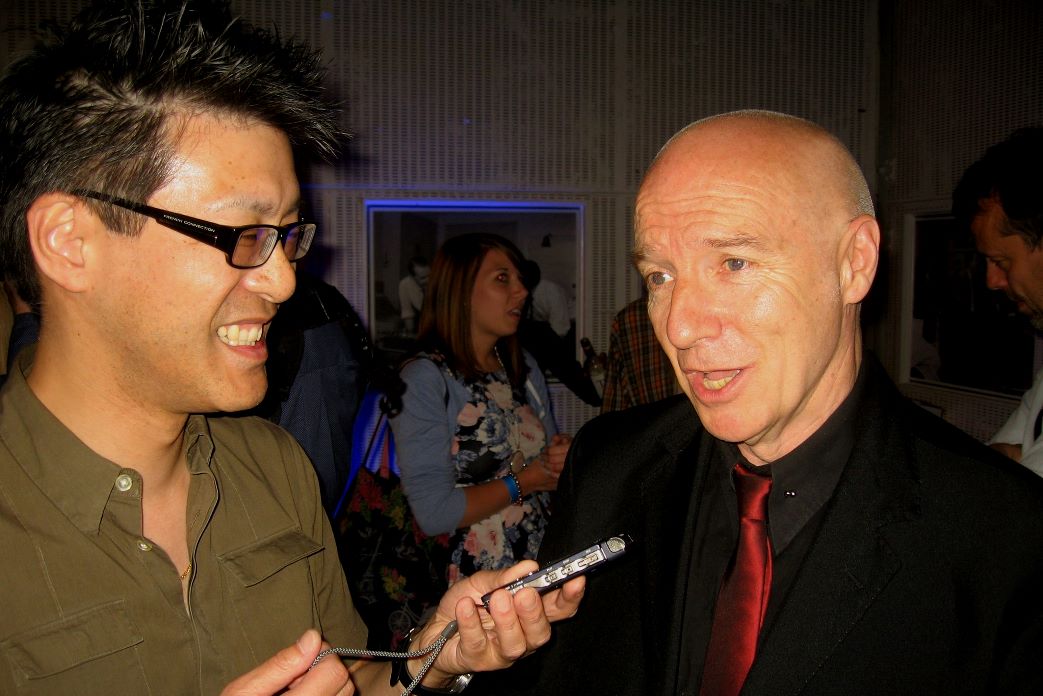
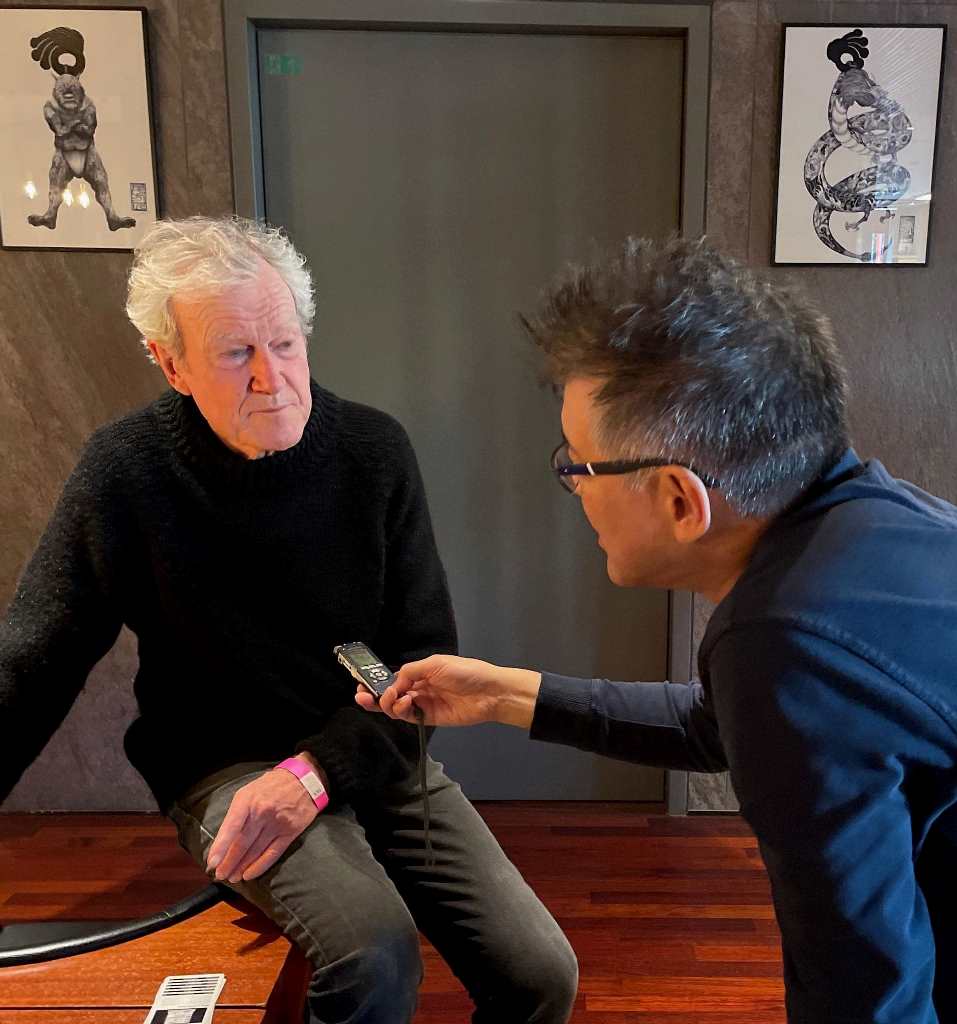
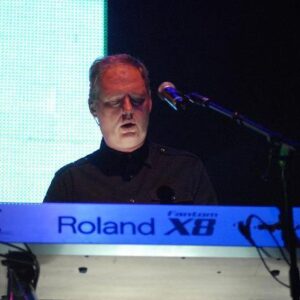


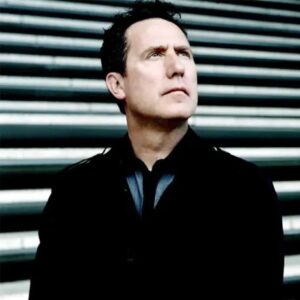
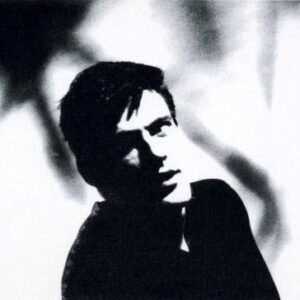

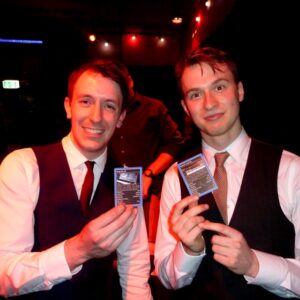
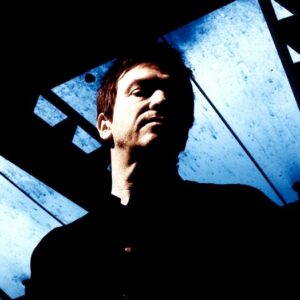
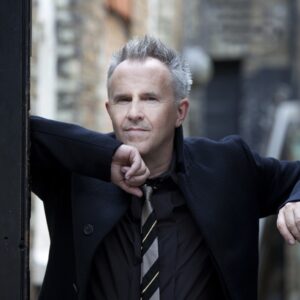
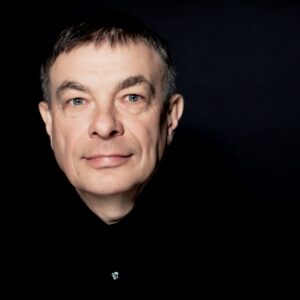
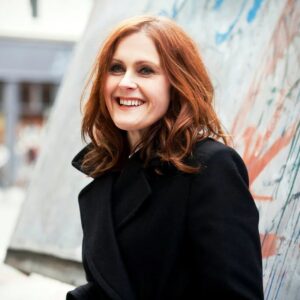
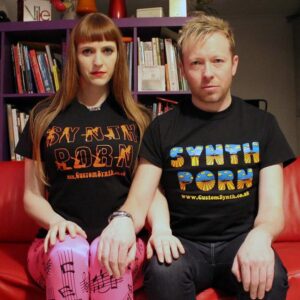
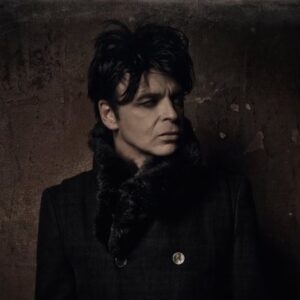
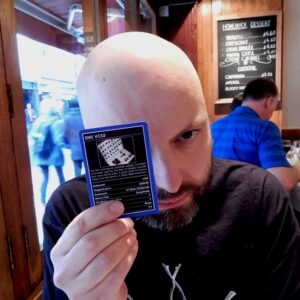

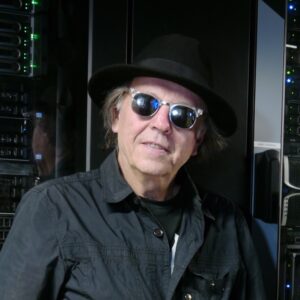

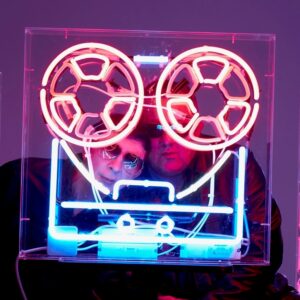
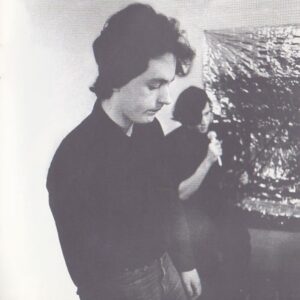
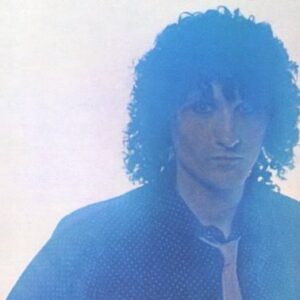
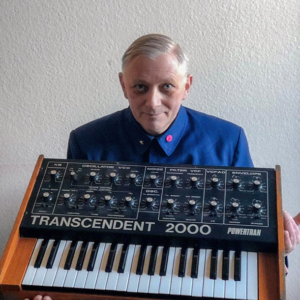
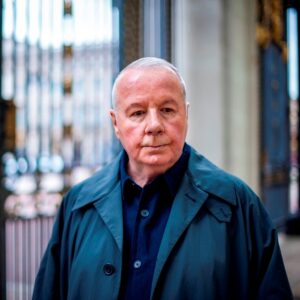
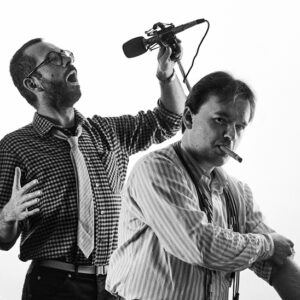
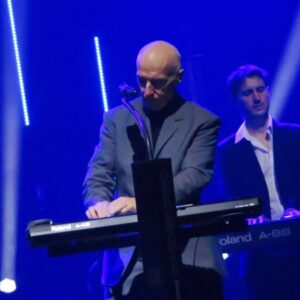
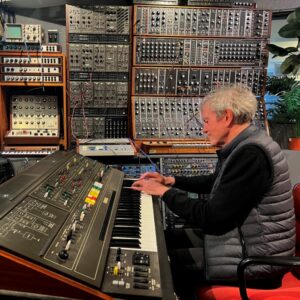
Follow Us!